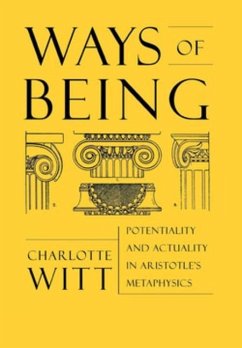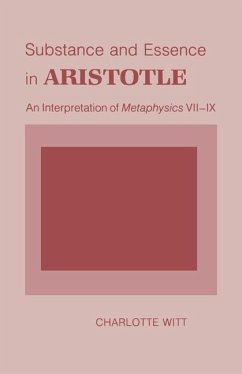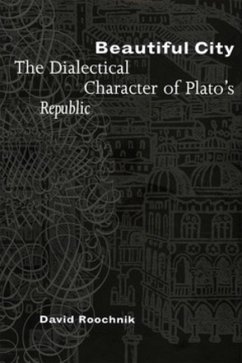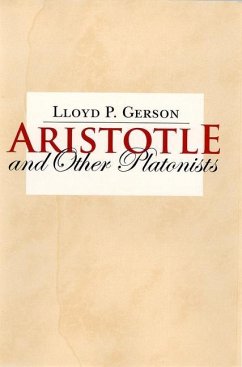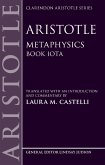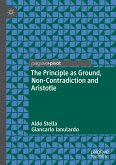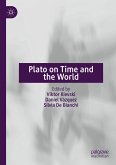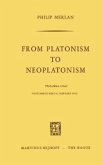Charlotte Witt continues her highly regarded exploration of Aristotle's metaphysics in a book devoted to the ontological distinction between potentiality and actuality. She focuses on Metaphysics book ix, which provides the most sustained discussion of this distinction. Witt rejects the conventional reading of this key text-that Aristotle differentiated between the two concepts solely to further the investigation of substance. Instead, in an original interpretation of his work, she argues that his development of the distinction between "being x potentially" and "being x actually" allowed Aristotle to develop an intrinsically hierarchical and normative vision of reality.For Witt, Aristotle's views about being shed light on his puzzling use of gender language in his descriptions of reality. This language has become an important issue for feminist scholars who have noted that in Aristotle's metaphysics of substance form is sometimes associated with the male, and matter with the female. Witt's interpretation that Aristotelian reality is intrinsically hierarchical and normative, but not intrinsically gendered, offers a new, important understanding of a controversial aspect of Aristotle's metaphysics.
Dieser Download kann aus rechtlichen Gründen nur mit Rechnungsadresse in A, D ausgeliefert werden.

